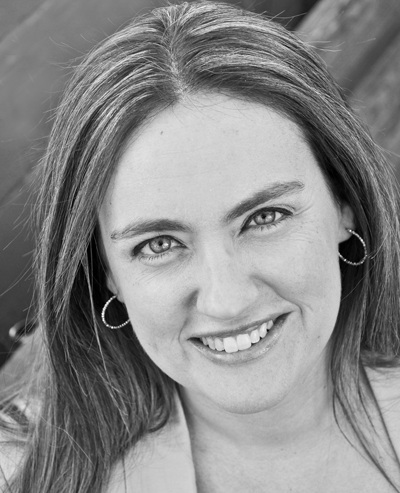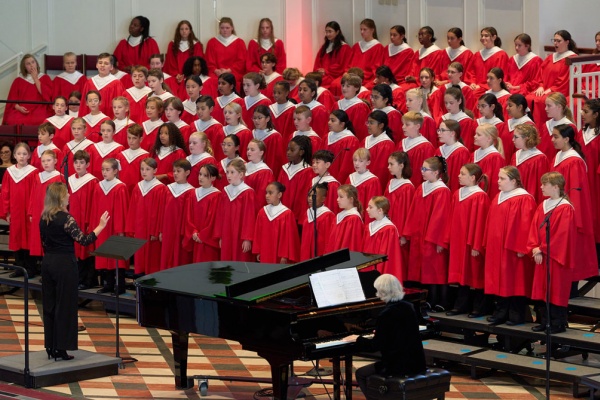

Health Experts are Clear: Teens Would Benefit From Later School Start Times
Are today’s middle and high schools starting too early for teens? According to a policy statement issued by the American Academy of Pediatrics last summer – and an even newer report published by the CDC just last week – the answer is yes.
Sleep researchers have long asserted that adolescents have their own unique biological sleep rhythms, with sleep-wake cycles about two hours behind those of younger children and adults. These sleep cycles make it difficult for teens to fall asleep easily before about 11 p.m. And – thanks to those early morning tardy bells – even more difficult to get the 8 ½ to 9 ½ hours of sleep a night that their growing bodies need.
“The research is clear that adolescents who get enough sleep have a reduced risk of being overweight or suffering depression, are less likely to be involved in an automobile accident, and have better grades, higher test scores and an overall better quality of life” said Dr. Judith Owens, pediatrician and lead author of the AAP’s policy statement School Start Times for Adolescents. The official recommendation from Owens and the rest of the Academy: shift middle and high school start times to 8:30 a.m. or later.
“Studies have shown,” Owens reminded parents and educators, “that delaying early school start times is one key factor that can help adolescents get the sleep they need to grow and learn.”
But even though later school start times appear advantageous for teens, it’s likely to take time – and plenty of strategic thinking – in order for schools and districts across the country to figure out how to adapt. It has been estimated that more than 40% of high schools in the U.S. start before 8 a.m., while more than 20% of middle schools begin at 7:45 a.m. or earlier. (And keep in mind that these times reflect when classes start; many students have to be at bus stops almost an hour earlier.)
In fact, according to newly released data from the CDC, fewer than 1 in 5 middle and high schools began at 8:30 a.m. or later during the 2011-2012 school year. That’s not because educators don’t care about what is best for students, but because changing start times can pose quite a logistical and financial challenge. Many districts (including several local ones) stagger elementary, middle and high school start times to allow for the most cost effective bus schedules possible. Shifting that delicate balance could incur serious costs.
Parents and educators also worry about the effect of later start times on after-school activities, which would be pushed further into the evening hours. And, as is the norm these days, plenty of people on social media have an opinion on the subject; most seem to suggest that getting out of bed before you really want to is part of life – and should be part of growing up too.
Still, all concerns aside, we have some pretty concrete evidence that something has to give. We know that 2 out of 3 high school students aren’t getting the sleep they need. We know that teens aren’t biologically wired for the early bedtimes and early wake-up calls their current schedules demand of them. We know that sleep deprivation can have a serious impact on both adolescent health and academic performance. We know that later school start times make sense, and that they have the support of both medical experts and the U.S. Secretary of Education.
We know what our kids need. Now, as the adults in this scenario – the parents, the teachers, the district officials, the school board members, etc. – it’s up to us to figure out how to give it to them.

Alyssa Chirco is a freelance writer, mother and margarita lover, not necessarily in that order. In addition to writing for STL Parent, she is Contributing Editor at Parenting Squad, and covers parenting, health and lifestyle topics for publications across the country. She recently moved from the suburbs of St. Louis to a small town in rural Jefferson County, where she is learning to survive with no Target or Starbucks in sight. Follow her on Twitter @AlyssaChirco





















